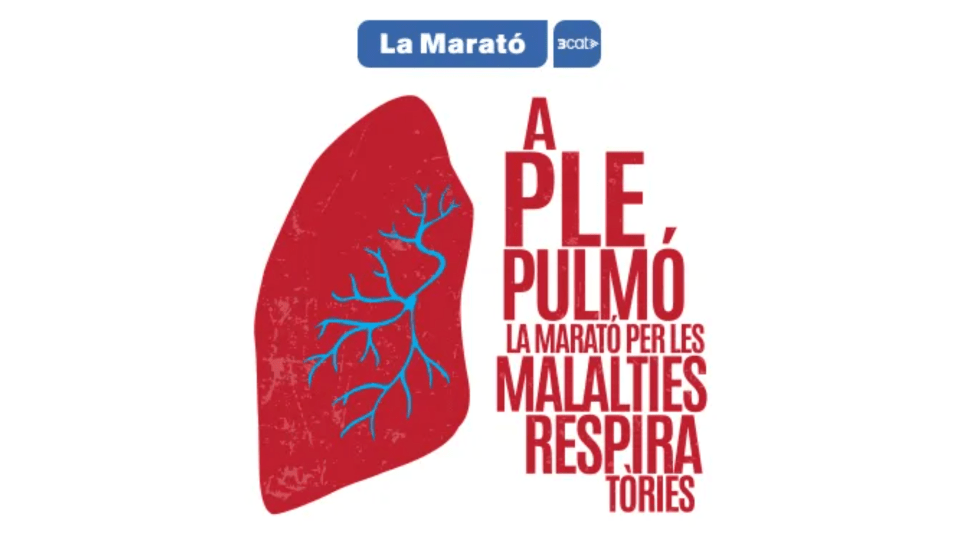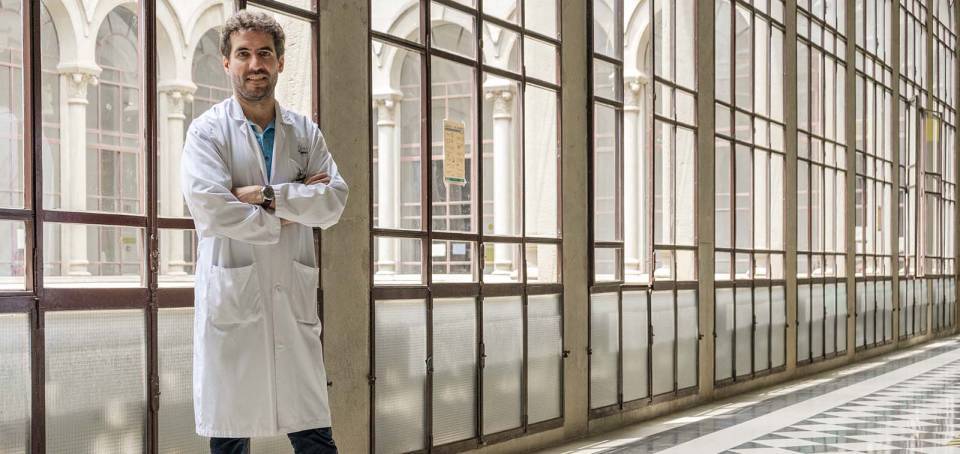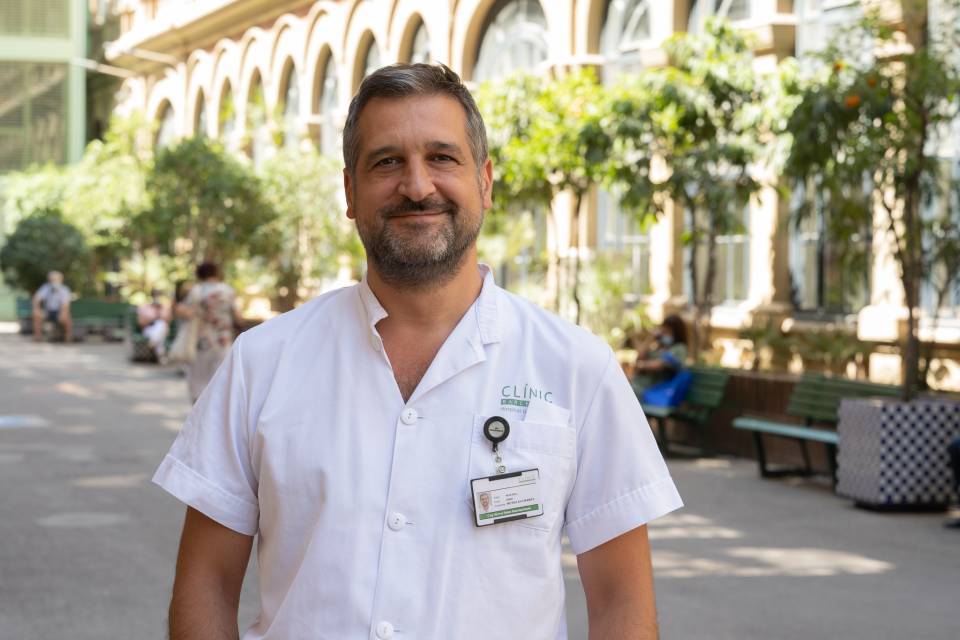Organization - International Health Service
The International Health Department of the Hospital Clínic receives approximately 20,000 annual first visits to the pre-medical care group, with a growing scenario year after year.
The healthcare activity of the International Health Department is organized in:
- The International Traveller Care Department (ITCD). This is a healthcare facility where patients can be treated before, during and after international travel. The staff provide information on general preventive measures for travel to any country or part of the world, administer vaccinations, and offer recommendations and prescriptions for preventive treatment for malaria. In addition, it provides information on possible emerging diseases that may appear in the destination country, and also offers Famba, the digital platform for accompanying travellers during their trip. If travellers become ill after their trip, they are provided with diagnosis, treatment and follow-up of post-travel tropical infections. The International Health Department also carries out healthcare work in countries in sub-Saharan Africa such as Sierra Leona and Mozambique.
The main areas of heathcare of the International Health Department are the following:
- Pre-medical care. International travelers are given a personalized visit prior to their trip, which consists of an interview based on the clinical characteristics of the traveler and the characteristics of the trip they want to take. Data are collected about the traveler (age, diseases, al·lèrgies, desire for pregnancy, etc.) and more specific information about the trip itself (route, stay, time and place of travel, etc.). This interview will provide an individualized assessment and recommendation on possible specific risks in each case and will provide a better recommendation on vaccination schedule, malaria prophylaxis and other travel-related risks, such as emerging disease outbreaks ( for example: ebola, dengue, cholera, etc.).
- Post-trip medical care. Three out of 10 people who travel to tropical or subtropical countries get symptoms, and one in three needs to go to the Tropical Medicine consultation after the trip. This consultation treats travelers or migrants from countries in the tropics who return with some travel-related symptoms.
It is a specialist consultation that takes into account the origin of the traveler, his / her route and the most important and probable illnesses that he / she may have. Symptoms commonly present in these patients include tropical fever (malaria, dengue, zika, and other imported infectious diseases), skin lesions, and traveler's diarrhea, among others. Hospital Clínic de Barcelona, as a third-level reference center, receives a large number of patients of high complexity. It is a department integrated into CatSalut's health coverage.
- Medical care during the trip. The International Health Department has recently developed a telemedicine support platform for travelers who develop health problems while traveling to tropical and subtropical countries. Telemedicine is activated through the 'FAMBA' mobile application, which connects to the hospital's specialist medical team. With this application, the traveler can contact, if necessary, a doctor specializing in Tropical Medicine Department for a second opinion or as advice on travel-related issues that are not urgent. 25-30% of people who go to the tropics show symptoms of illness during their trip, and about half seek medical attention at that time. The post-trip group visits about 1,500 travelers each year, who have illnesses acquired on return from their trips. 5-10% require hospitalization to treat complications from imported tropical diseases that can be serious.
The Department participates in various working groups of various national or European networks:
- AISBE Tropical Medicine and International Health Working Group (Barcelona Esquerra Integral Health Area)
- European Network for Imported Pathology (TropNet: European Network for Tropical Medicine and Travel Health)
- Tropical Disease Cooperative Research Network (RICET)
- Pre-emption working group (SEMTSI)
- Congenital Chagas disease prevention and control program in Catalonia


